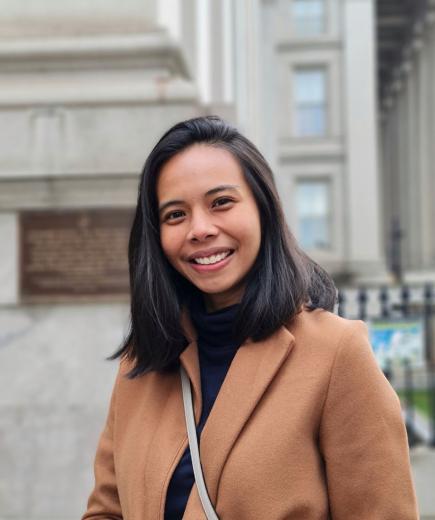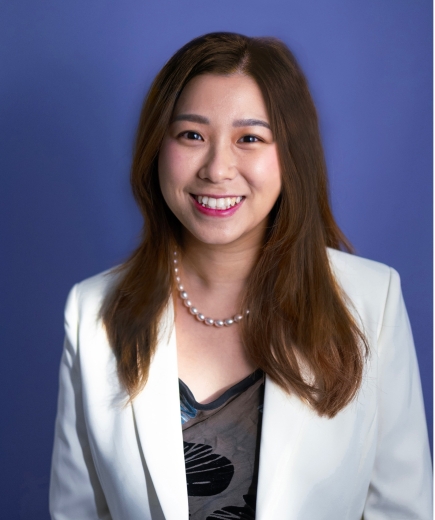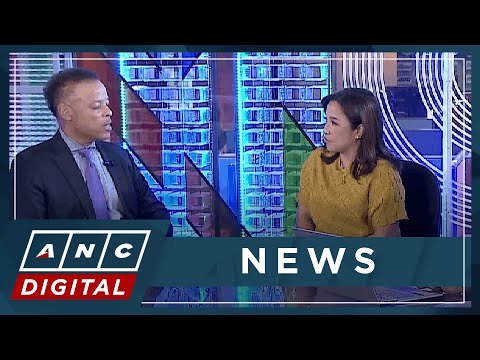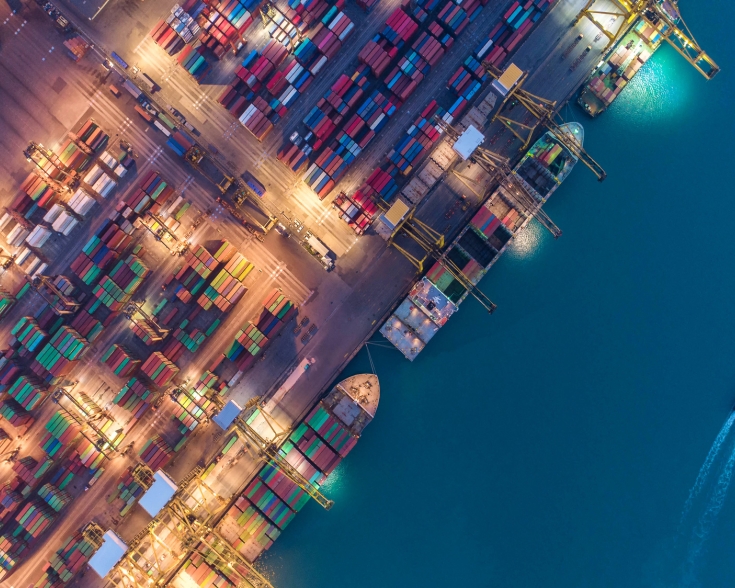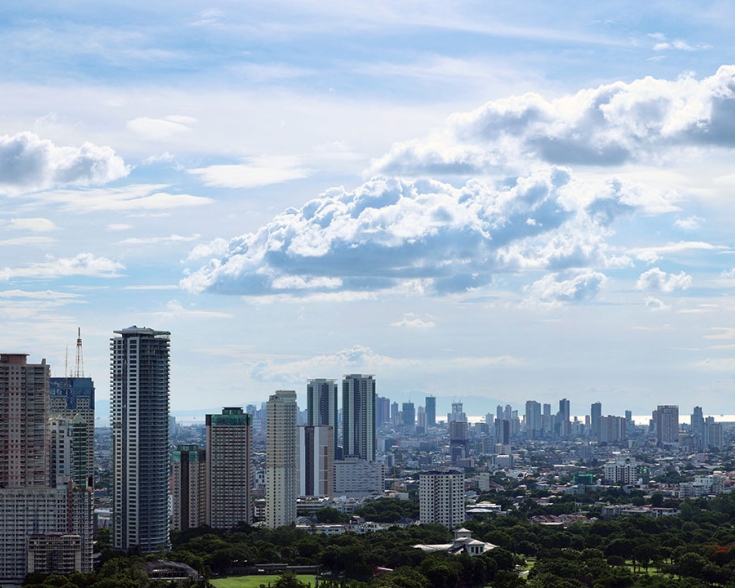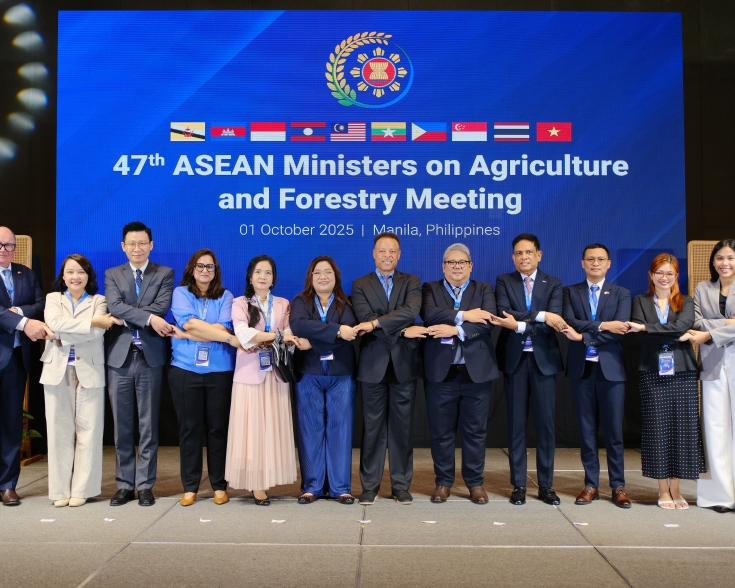Singapore Proposes Bill to Combat Deepfakes in Elections
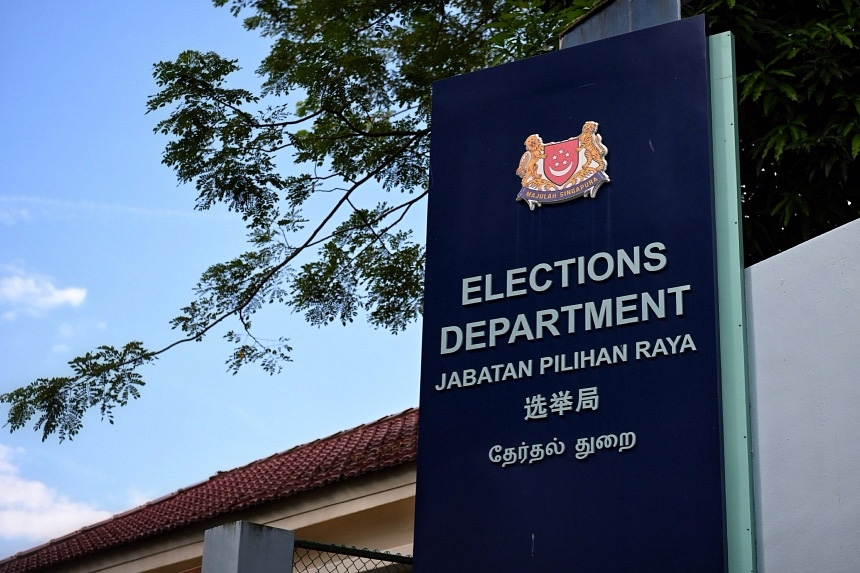
On September 9, Minister of State for Digital Development and Information Ms. Rahayu Mahzam tabled in Parliament a new Bill to combat digitally manipulated content (e.g., deepfakes) ahead of the upcoming general elections. Under the Elections (Integrity of Online Advertising) (Amendment) Bill, the proposed safeguards will apply to all content, made using AI or non-AI techniques (Photoshop, dubbing, and splicing), that realistically depicts a candidate saying or doing something he did not. If the bill is passed, candidates and others can make requests to review such content, where a Returning Officer (RO) can issue corrective directions (e.g., taking down offending content, disabling access by Singapore users) to those who published the prohibited online advertising content. These measures will be in force from the issuance of the Writ of Election to the close of polling.
The new Bill aims to augment existing regulations (e.g., Protection from Online Falsehoods and Manipulation Act or POFMA) against online falsehoods as well as shore up the integrity of the electoral process. A recent study found that a majority of Singaporeans are concerned about the impact of deepfakes on the upcoming elections. Analysts have emphasized that the proposed legislation is timely, but its effectiveness will depend on factors including enforcement and public awareness. Earlier this year, the Ministry of Digital Development and Information (MDDI) highlighted that Singapore needs to grow new capabilities against scammers and online risks. Outside of the elections, the Singapore Government also plans to introduce a code of practice mandating specific social media providers to implement measures to prevent and combat the use of digitally manipulated content on their platforms.
There has been growing global momentum to combat deepfakes during elections, with South Korea and Brazil banning content that will harm candidates running during elections. While these laws demonstrate intentions to get ahead of bad-actor AI activity, enforcement has proven difficult in other nations. With increasing reliance on social media and digital communication in elections, Singapore’s bill highlights the need for comprehensive legal frameworks to counter deepfake threats. Singapore's proposal to combat deepfakes in elections holds significant implications for other countries in Southeast Asia, where the spread of misinformation and manipulation through digital platforms is a growing concern.
